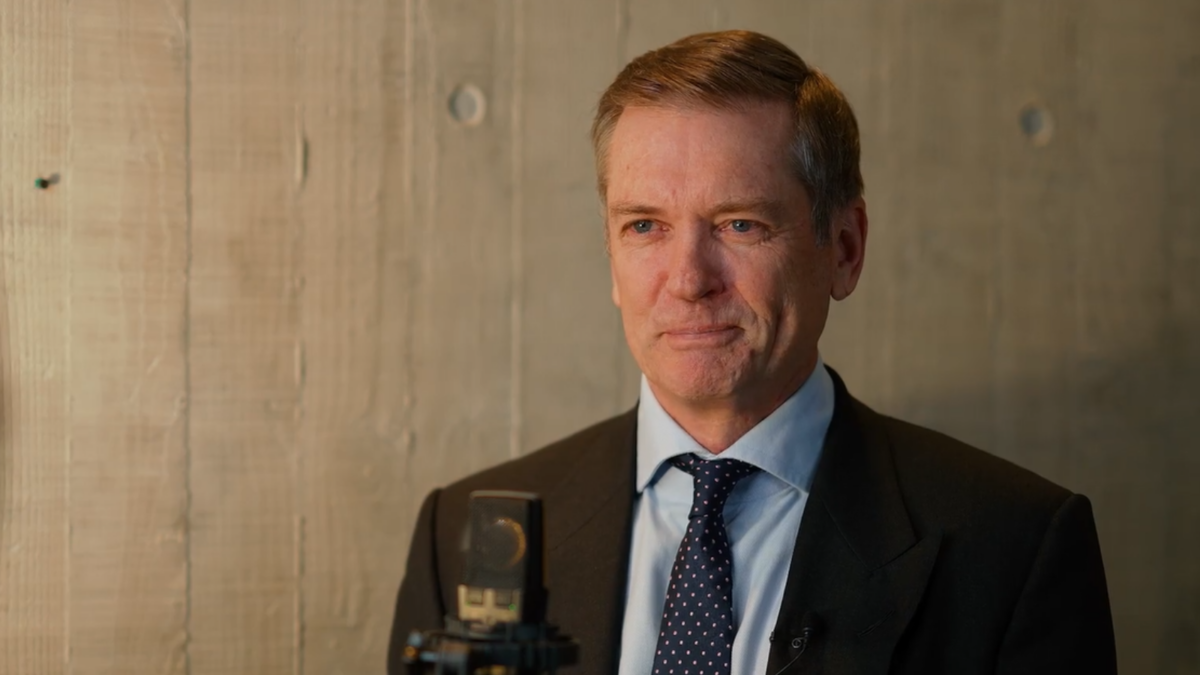This is not time to buy the dip: Amundi
Multi-trillion-dollar global asset manager Amundi this week released a timely commentary to assist investors to navigate the challenging market environment. In this type of uncertainty, it pays to gain exposure to as many different views as possible, with the France-based Amundi offering a unique, on-the-ground, European insight.
“The worst-case scenario of a Russian attack on Ukraine with the aim of demilitarising the country is now a reality,” the report opens, which certainly came true. “Global markets were not pricing in a war scenario and are now adjusting given the magnitude of this military move…. uncertainty and volatility will persist, with the possibility of seeing some excesses to the downside”. The result is clear advice that “now is not the time to buy the dip” in equities.
Amundi believes that the invasion and associated volatility is just the ‘first leg of an adjustment’ with the markets to reassess based on four key factors:
- Growing sanctions and their implications
- Oil price and commodity dynamics
- Rising probability of a stagflation dynamic
- Reassessment of central bank policies
The events in Ukraine come amid the same backdrop of impending rate hikes in the US and Europe as central banks seek to fight inflationary pressures. Thus far, the “impact of the Russia-Ukraine conflict is primarily on confidence and through commodity prices in an already-hot inflationary environment” the report says.
“Heavy reliance on natural gas from Russia for electricity production could represent a major risk in terms of a further drag on consumer purchasing power and higher input costs for companies.” This means that stagflation is now a growing risk, being that inflation gets reinforced whilst global growth weakens given the trade and commodity price headwinds. In the firm’s view, China will be “relatively insulated,” reinforcing the role of Chinese assets as a diversified in balanced portfolios.
“It is time to keep hedges in place and stay cautious” but importantly not to over-react to ‘excesses’ or major market swings in the meantime. Amundi prefers some ‘duration’ or long-term government bonds, gold and safe haven currency exposures like the US dollar, Swiss Franc and Japanese Yen.
Liquidity will likely remain at a premium, but being the most liquid asset class, equities will bear the brunt of any sell-off, with credit set to follow. Finally, Amundi says that keeping cash buffers high will be key.










